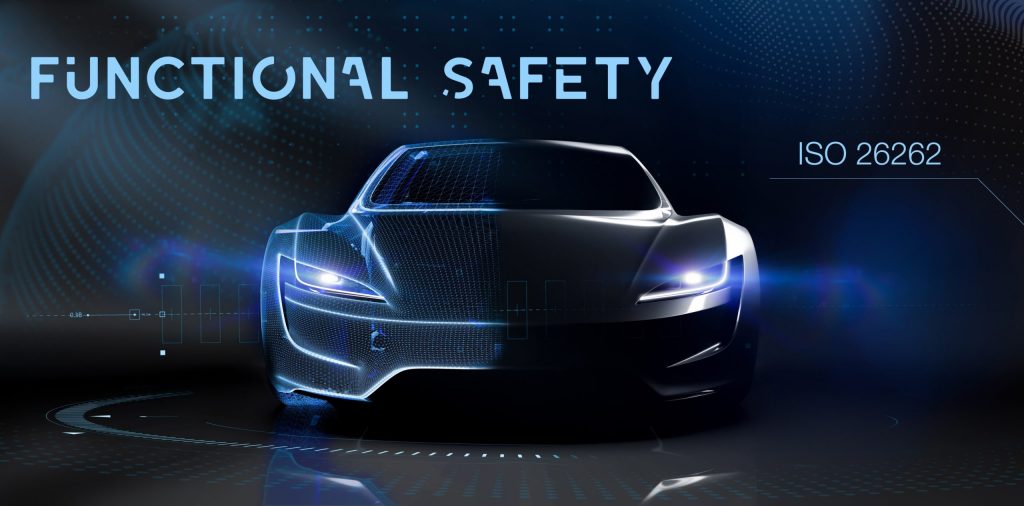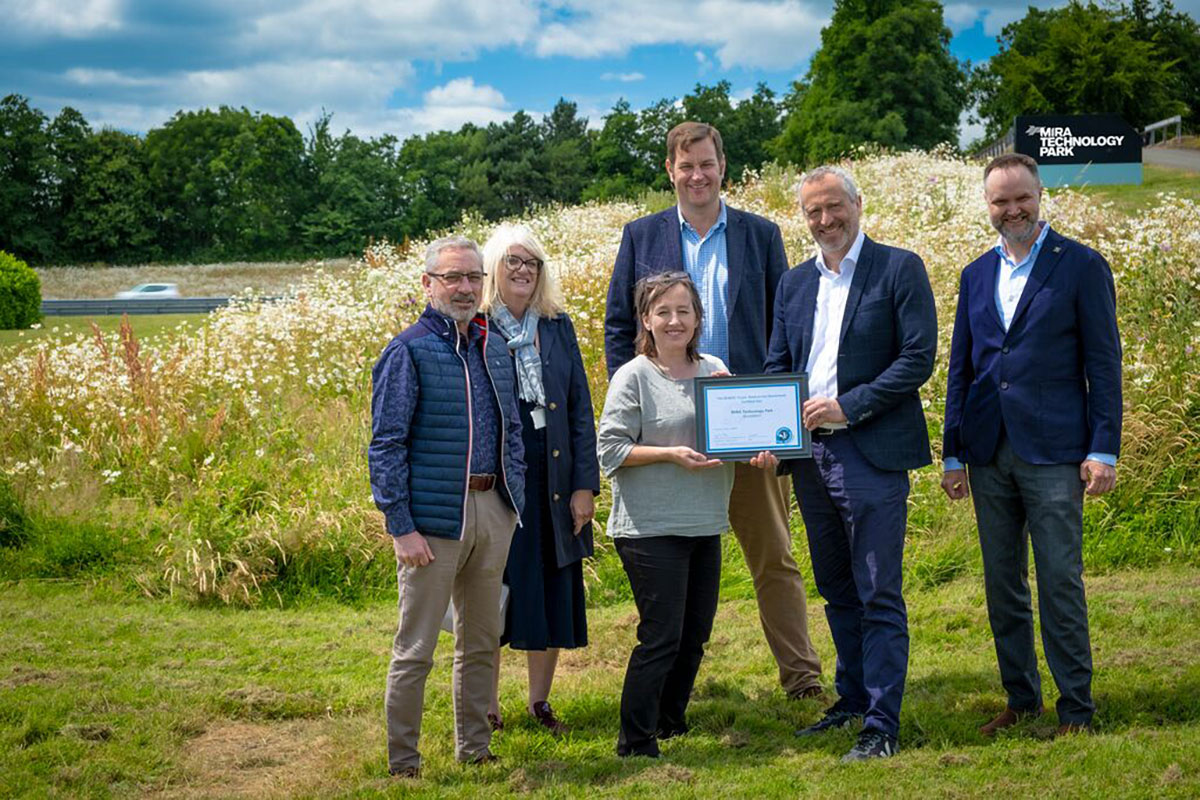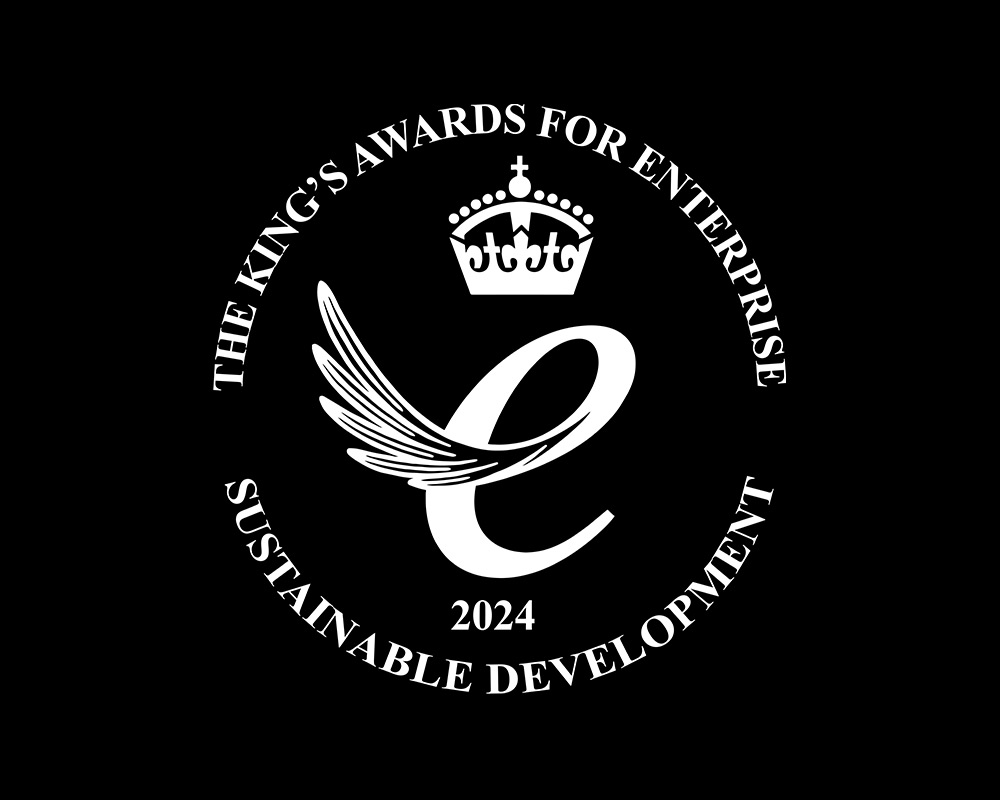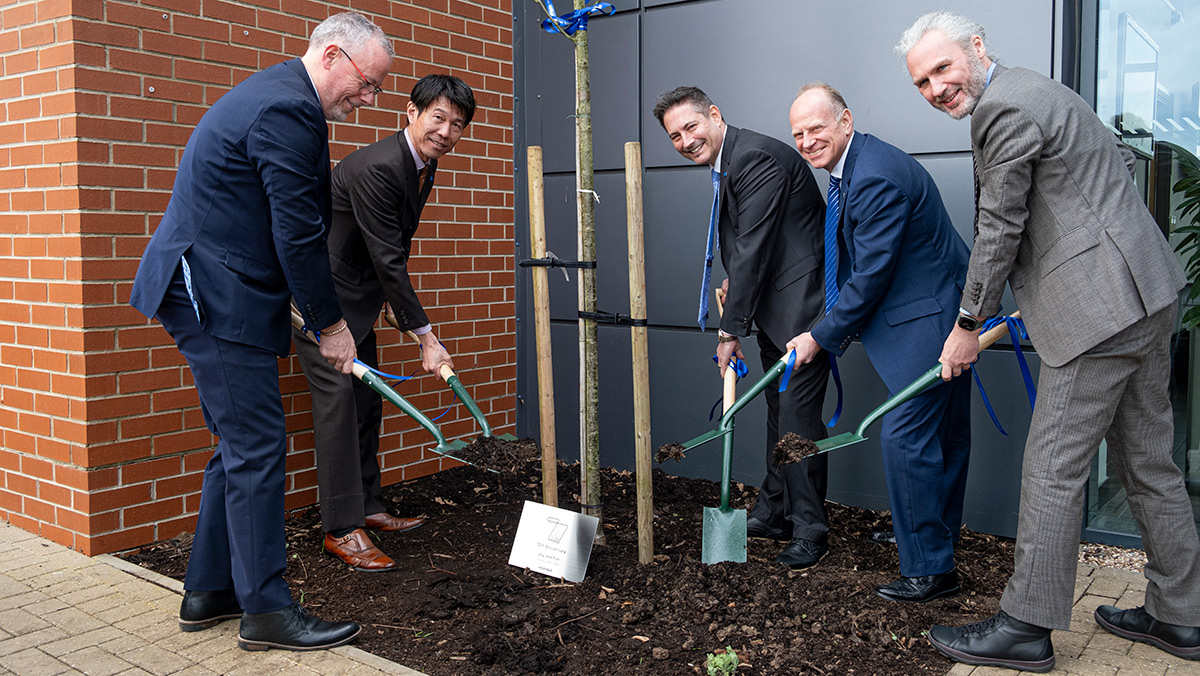HORIBA MIRA Advocates Benefits of Early Assessor Engagement as ALKS Movement gets into Gear
As the imminent new Automated Lane Keeping Systems (ALKS) regulations continue to garner new media interest, HORIBA MIRA has asserted that early engagement with assessors could be the key to delivering this vital technological step change for the automotive industry.

In less than six months’ time the new, highly-anticipated UN regulations on ALKS will be enabled, giving automakers a new ‘common rulebook’ for Level 3 automation of vehicles. In the establishment of a close-to legal obligation through regulatory scrutiny, the result is that automakers will be tasked with paying greater attention to their Functional Safety processes.
The result is additional pressure for the automotive industry at a time when it remains in recovery from the ongoing impact of the COVID-19 pandemic – a need which has been further heightened by a recent wave of mainstream national headlines on the upcoming changes.
The good news for the automotive industry however is that, with high safety standards already evident across the board, it is likely that compliance will most likely lie in better documentation and preparation, rather than implementing new safety processes – says HORIBA MIRA. However, according to the vehicle engineering and testing consultancy, achieving this in the most efficient manner will rely on early engagement with external assessment suppliers.
David Ward, Senior Technical Manager for Functional Safety at HORIBA MIRA, says:
“The ALKS regulations are designed to enable the safe introduction of ‘Level 3’ automation features in certain traffic environments, but manufacturers will already be aware of the international standard ISO 26262 Road Vehicles – Functional Safety. And for a number of years, HORIBA MIRA has worked with clients across the industry to help meet that standard.
“In addition, ISO/PAS 21448 Road Vehicles – Safety of the Intended Functionality (SOTIF) supports the safety of autonomous vehicles, providing guidance on design, verification and validation measures relating to functional performance (albeit to Level 2 automation presently). Both international standards are explicitly referenced in ALKS and it is reasonable to assume that adherence with ISO 26262 and ISO/PAS 21448 will ensure compliance with ALKS.
“As such, for those organisations already adhering to ISO 26262 and ISO 21448, the remit in preparing for the new regulations will be on formalising processes and demonstrating the effectiveness of those processes through a full safety process audit and possible certification. This is where the role of the assessor, such as HORIBA MIRA, really comes in, in terms of providing that all-important independent stamp of approval – providing OEMs with confidence and peace of mind that they’re complying with the new regulations.
“Going forward, we believe that achieving this more efficiently will require a marked shift towards earlier engagement with external assessors, particularly when it comes to engineering and testing. In this way, automakers will be able to negate issues in the development cycle in the initial design stages and maintain a continual process of checking to ensure they are following the correct procedures.”
With an established repertoire of providing engineering and testing solutions for many world-leading automotive brands, HORIBA MIRA has long advocated the business case for engaging such services earlier on in the vehicle development cycle.
When it comes to Functional Safety, in working in this way OEMs can benefit from the early identification of potential safety issues and take according action in order to minimise costly redesigns further in the production process – therefore reducing overall project costs and improving lead times.
David adds:
“As we look ahead to the inception of ALKS, the key for many automakers is preparing for external inspection. As demonstrated by recent headlines, the focus on ALKS in the move to autonomy is becoming the subject of much wider public scrutiny, meaning it will be even more important to ensure compliance – with early assessor engagement key to this.
“When HORIBA MIRA undertakes an independent functional safety assessment for clients, for example, it is a staged activity where we go in at key gateways throughout the programme to ensure early identification of any potential safety issues. This, in turn, will now provide the information required for approval authorities because assessments can be carried out throughout the process.
“In this way, it is easy to see how achieving compliance and highlighting any potential safety issues earlier in the process can add value for the forward-thinking automaker as we go forward in this exciting new chapter for vehicle autonomy.”







